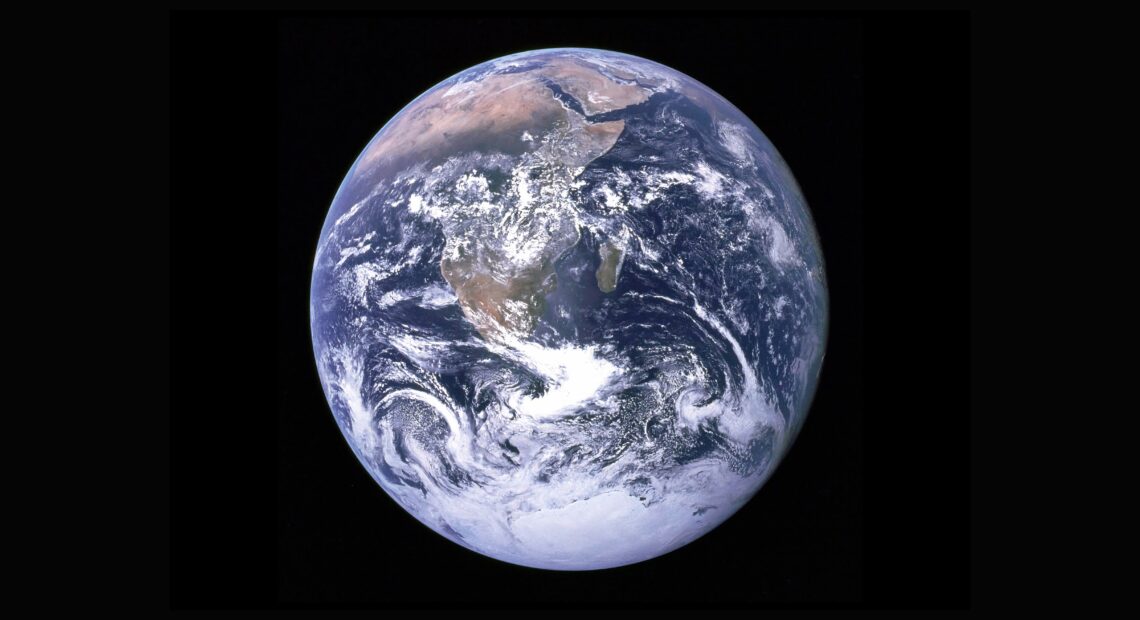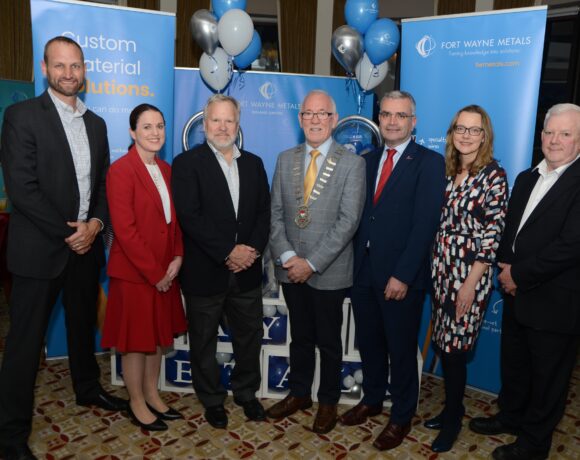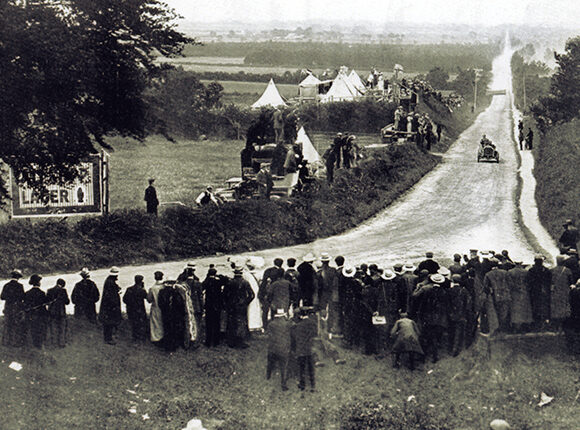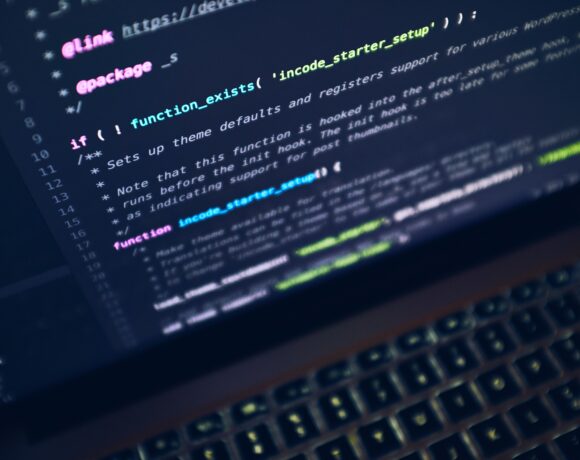“We don’t need a handful of people doing things perfectly, we need millions of people doing things imperfectly.”
This quote is from Anne-Marie Bonneau, The Zero Waste Chef, and it is a statement that it is probably the most valuable one in terms of today’s climate change journey.
One of the greatest problems surrounding the state of our environment is how the topic is communicated in the mainstream. Images flood our big and small screens of hurricane and storm disasters, forests being decimated, polar bears clinging to that last tiny piece of ice, baby seals being trapped in plastic …. These images are horrendous and these stories need to be told.
However, for many of us, as we watch these pictures and stories unfold while we sit at home, they don’t really resonate past ‘God, that’s awful!’. And of course, that is a totally natural reaction about something that is going on somewhere else, somewhere far away.
Two things are happening here. Firstly, the narrative surrounding Climate Change is negative.
That’s because the story is a negative one. We all understand that and realise that we cannot change the story thus far. But unfortunately, as people, we are not that keen on hearing bad news. So, when new stories like these are presented to us, more and more frequently, we tend to turn away and switch off. Not the intention of the media source, but a natural reaction none the less.
Secondly, people can’t see how they can help the situation. The challenge seems too big, too global and we feel it is a job for our leaders, our governments and the large corporates. I am one person – what can I do to change the planet’s destiny?
“Changing the narrative is key. If people feel that doing one small thing will help… we believe they will do it.”
So, we want to encourage people to #DoOneThing. Start there and if that’s all you ever do, then you will have done more than nothing. This is something we have been communicating for couple of years now and what we hear is that once they saw how easy that One Thing was to do, they started to do more.
This is the reaction we are really hoping for!
I met a friend recently (in person!), who I don’t believe I have ever seen without a takeaway coffee in her hand. As we ordered a coffee, she pulled a Keep Cup out of her handbag (yes, I know most of us have Keep Cups by now, but this was a surprise here). When I asked about it… ‘Oh, the pressure from the girls in office got too much’ she told me laughing, as we both knew that this headstrong director of a advertising agency wouldn’t feel pressured to do anything!
But she went on to say that it became a joke in the office (even during Zoom calls) that she was afraid of Keep Cups. “So, I went out and bought myself one and now I’m never without it!”
This is where examples are set. They are set by your peers, your colleagues, your friends and thankfully, by your kids! Ordinary people need to be encouraged and rewarded (even if this is just through their peers) for doing something positive, however small it is.
Yes, of course we know that we cannot do this without the help of the larger corporate organisations, and our governments and leaders sticking to their national and global targets to lower emissions. We must and we will maintain pressure on these to deliver.
Maybe today, a decision is made not to buy a plastic bottle of water with lunch, or not to buy those vegetables wrapped in plastic in the supermarket, or put a recycling bin in the canteen in the office.
“We may not change the trajectory of the planet’s global warming by cutting back on plastic bottles alone, but this ultimately, is not about that.”
It’s about educating as many people as we can that one small step will make a difference, if we ALL do it, one small step becomes two steps forward and so on. (Imagine if everyone in your local Tesco stopped buying plastic bottles. Would Tesco continue to stock them or would they look to suppliers of more eco-friendly alternatives?)
“By changing how we communicate about more sustainable choices, we believe we can change people behaviour by making them feel good about making that choice. People want to help. We just need to show them that it’s not that hard.”
Source: Wasted













